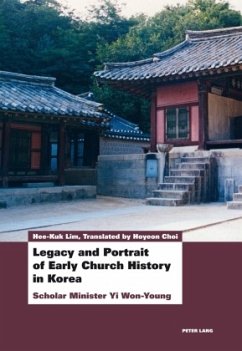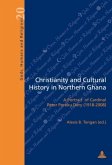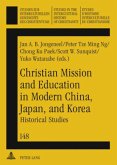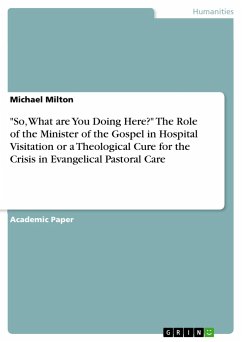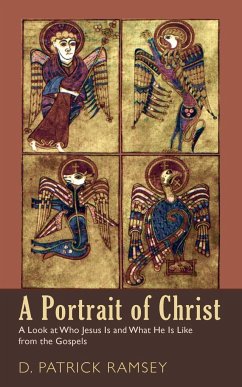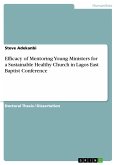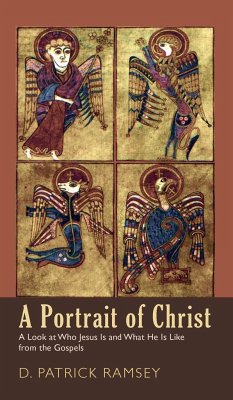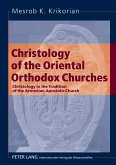This book aims to explore the life of Yi Won-young, an outstanding Confucian scholar from Andong, in South Korea. Andong is known as the home of Neo-Confucianism, as in this region Western Christianity took root amidst the impeccable and ritualistic Confucian society without much conflict and confrontation. This study deals with the most turbulent times of 20th century Korean history and investigates the formation of the Andong biblical Christianity. Was the confluence of availability and accessibility of the Bible and Bible study and the method of Confucian canon reading relevant for the formation of Andong biblical Christianity? This is one of the questions the author tries to answer in the book.
Further, the author vividly portrays Yi's struggle to interact with the community and the occupying Japanese authority, analyzes the development of his eschatological interpretation and the issues of Shinto worship and its consequences, church division and sterility of human minds after trauma of deprivation. The book offers an overview of Korean Neo-Confucianism and the early Presbyterian Church of Korea during the Japanese occupation and post Korean War. For Western readers new references were added by the translator.
Further, the author vividly portrays Yi's struggle to interact with the community and the occupying Japanese authority, analyzes the development of his eschatological interpretation and the issues of Shinto worship and its consequences, church division and sterility of human minds after trauma of deprivation. The book offers an overview of Korean Neo-Confucianism and the early Presbyterian Church of Korea during the Japanese occupation and post Korean War. For Western readers new references were added by the translator.

